Nice to see that humanists are making some noise recently. Where to start? How about the new ad campaign “Consider Humanism“? They show what’s lurking in holy texts, and contrast that with what humanists think.
One example is the following pairing:
The Bible: “A woman should learn in quietness and full submission. I do not permit a woman to teach or to have authority over a man; she must be silent.” I Timothy 2 (New International Version)
Humanism: “The rights of men and women should be equal and sacred—marriage should be a perfect partnership.” Robert G. Ingersoll, in a letter dated April 13, 1878.
Another pairing is:
The Bible: “The people of Samaria must bear their guilt, because they have rebelled against their God. They will fall by the sword; their little ones will be dashed to the ground, their pregnant women ripped open.” God, Hosea 13:16 (New International Version)
Humanism: “I cannot imagine a God who rewards and punishes the objects of his creation, whose purposes are modeled after our own—a God, in short, who is but a reflection of human frailty.” Albert Einstein, column for The New York Times, Nov. 9, 1930.
There’s video too:
Consider Humanism – Ambassador Carl Coon from American Humanist Association on Vimeo.
I love it, but some people are hopping mad. The writer for USA Today’s entirely superfluous “Faith & Reason” blog isn’t a fan.
The American Humanist Association is going for the ugly — in the name of no God.
Their newly announced 200,000 advertising campaign ditches last year’s fairly benign good-without-God approach and rips into the nastiest quotes it can cherry-pick from Scripture.
It seems she’d like us to go back to just peeping quietly. But just to take it over the cliff, she draws a comparison between Humanists and the Westboro Baptist Church.
But ditching the thoughtful-alternative concept approach for an in-your-face aggressive one just in time for Hanukkah and Christmas may be less a call to “reason” than the kind of irrational annoyance of a Westboro Baptist Church demonstration.
Those are the ones where the followers of Fred Phelps’ twisted version Christianity march around the funerals for war veterans saying their deaths are God’s retribution for society’s acceptance of homosexuals. The distance between a hateful message from Phelps that “God is your enemy” isn’t so far from saying God is hateful, is it?
Well, the Humanists and the WBC do have one thing in common — they’re both stating clearly what’s in the Bible.
I can really get behind this effort from UK Humanists:
Humanists launch ‘no religion’ census campaign
The British Humanist Association has launched a campaign to encourage non-believers and the seriously lapsed to tick the “no religion” box on the 2011 census with the aim of challenging religious privilege in Britain.
According to the organisation, public figures have spent the last 10 years claiming that most people in this country are religious to justify the money or attention spent on these communities.
While the statistics show that 37.3m people stated their religion as Christian, these figures are not reflected in church attendance.
This is worth doing in Australia, too, where we’re having our census next year. I’m writing ‘atheist’, but ‘no religion’ is fine too. Don’t go to church? Don’t tick the church box out of habit. Let’s get the census to reflect what’s really going on with religion.

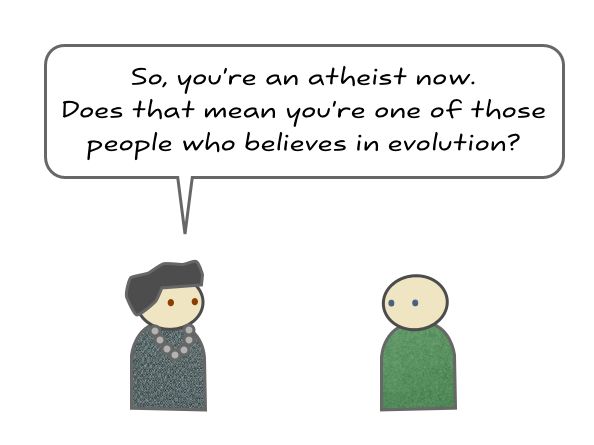

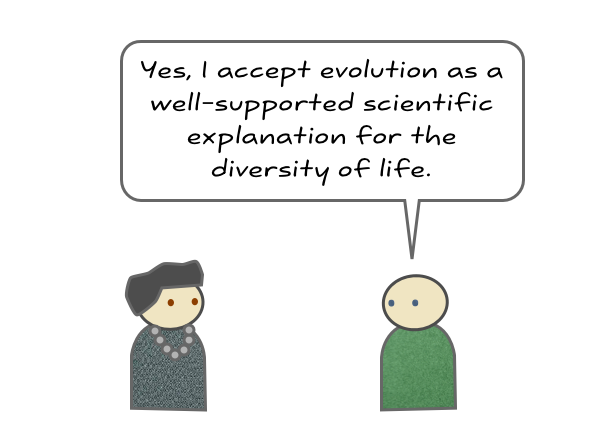
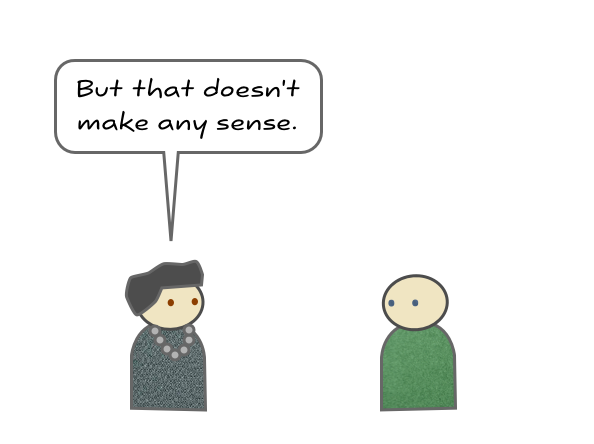
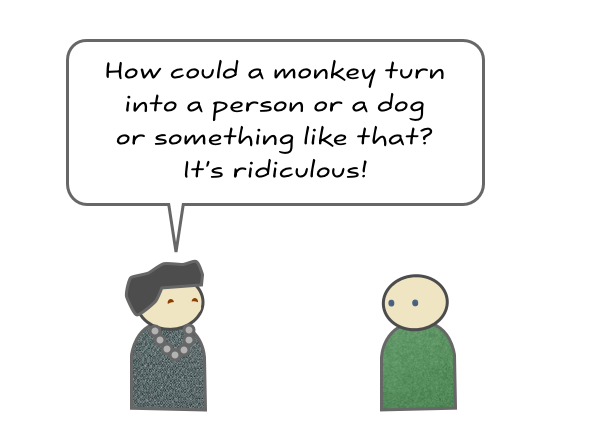
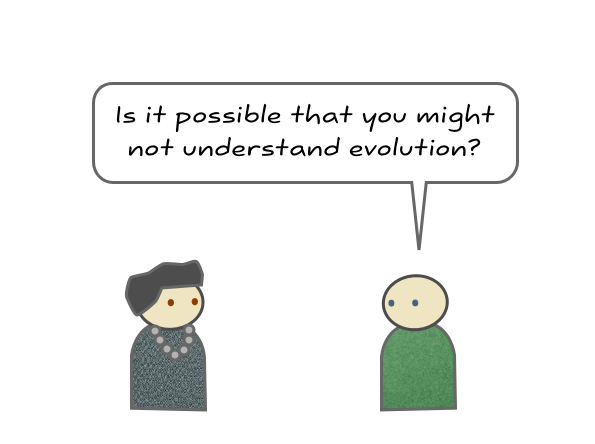
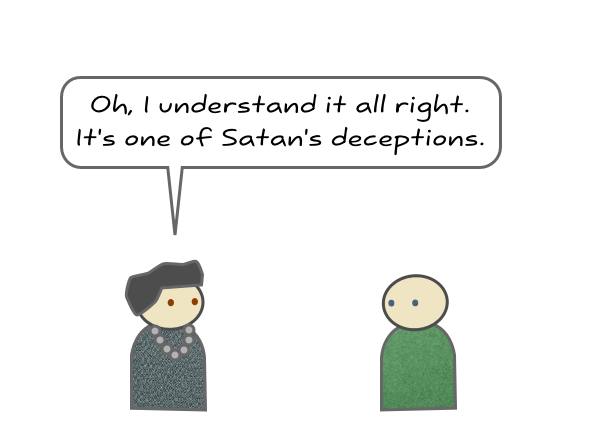
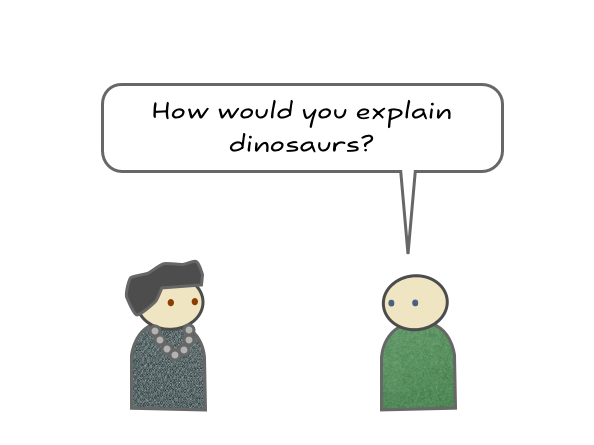
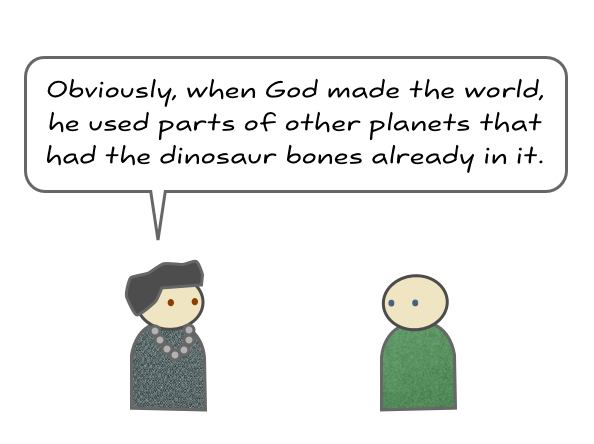
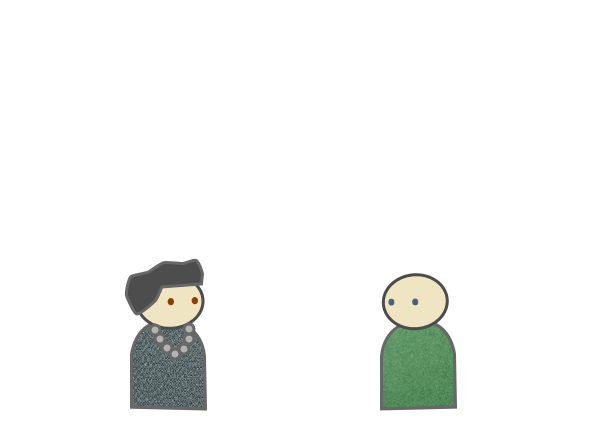
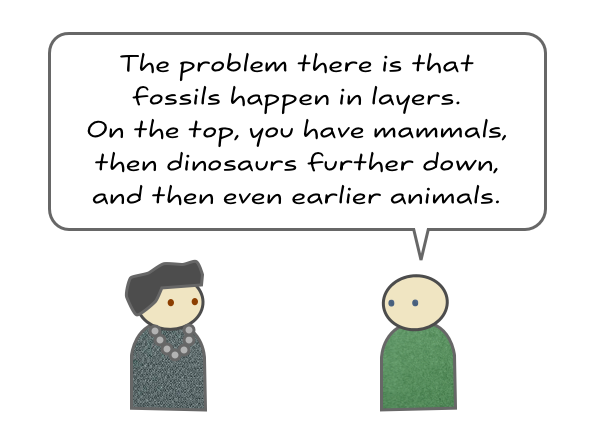
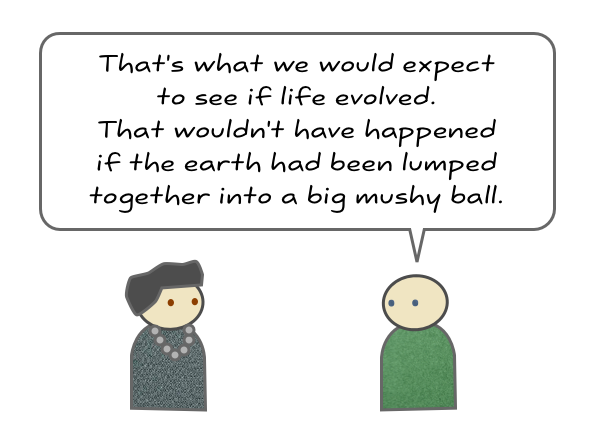
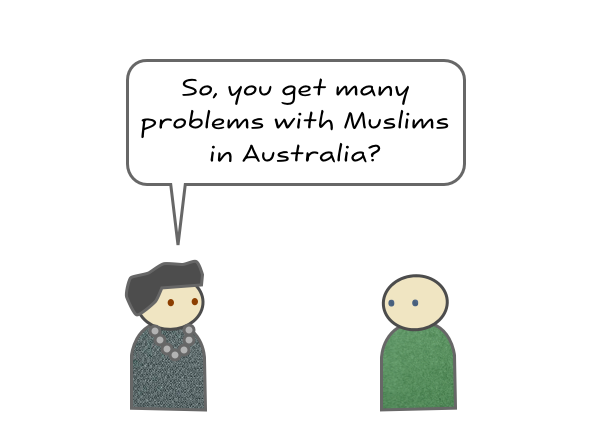
Recent Comments